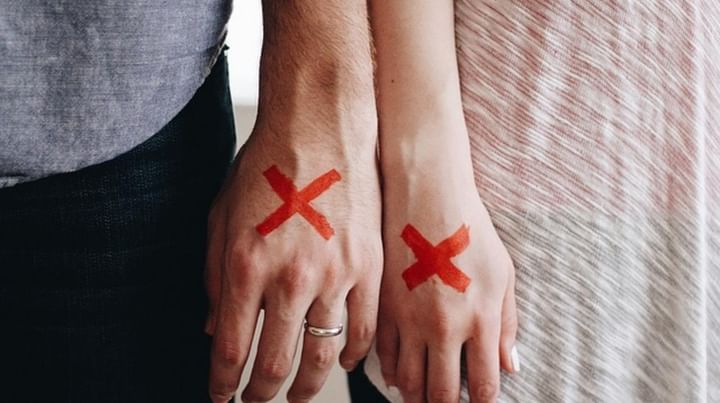Reducing Stigma Towards Mental Health Disorders!
People with mental health issues claim that the social stigma associated with mental health disorders and the discrimination that they face every day make their difficulties even worse and make it tougher to recover.
Mental disorder is common. These days, it impacts millions of people across the globe, and their families, friends, colleagues, and society. One in 10 Indians lives with severe mental disorders including bipolar disorder, schizophrenia or depression. When we concentrate on the mental health of a person, we look at the means in which it affects their moods, emotions, thoughts, the capability of relating to others, effectiveness at school and work, and their social choices. In a nutshell, when their mental health is negotiated, it affects all aspects of their lives and the lives of their dear ones.
The World Health Organization or WHO has crystallized a few troubling facts about mental illness and they draw our attention:
- Suicide is the leading reason for death in 15-29 years old.
- Eight lac people every year commit suicide.
- For every accomplished suicide, there are at least 20 others which are attempted.
- The leading reason for disability is the combination of mental disorders and substance abuse.
- Mental illness doubles after a trauma like being victimized by a natural disaster or participating in or being a victim of a war.
- There is a higher connection between mental illness and an augmented risk of getting ill from many other diseases including diabetes, self-harm, unintentional injury, and HIV.
Regardless of the fact that we are capable of talking openly about mental illness, unfortunately, people continue to escape seeking treatment because of discrimination and stigma. Our culture still spreads the belief that those who suffer from mental disorders are extremely violent, unintelligent, or unable to make decisions which impact their lives profoundly.
Whether we approach all these complications as the loved ones of family members, friends who struggle or somebody who has been spotted with a mental illness, we all have to speak up to challenge the prejudices and stigma related to mental disorders. We have an ethical and social duty to advocate for their right to get suitable treatment and to be provided with equal rights in the society. Living with a mental disorder can be really challenging, and we have to acknowledge the resiliency and courage that exists in individuals who are working harder to lead meaningful and productive lives.
Let’s challenge ourselves to make a change and transform the world’s observation of mental disorder.



+1.svg)
